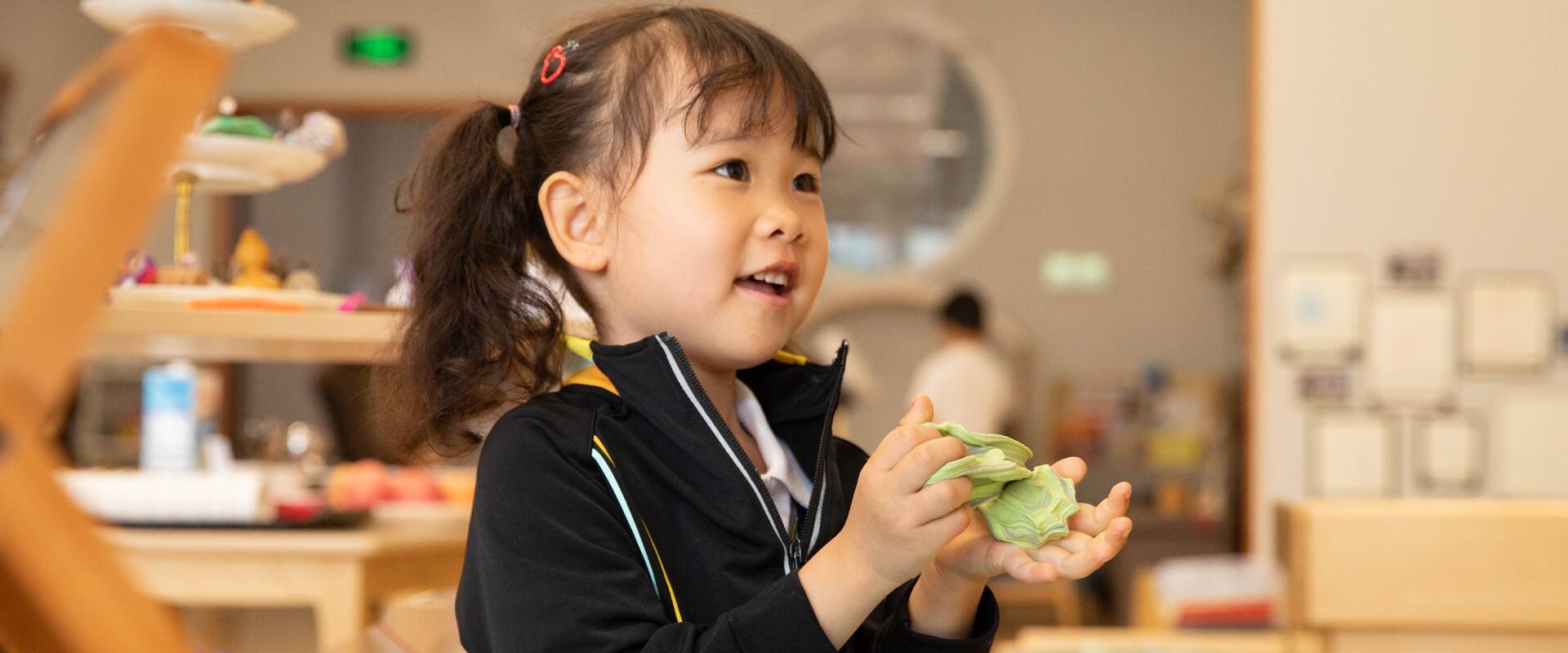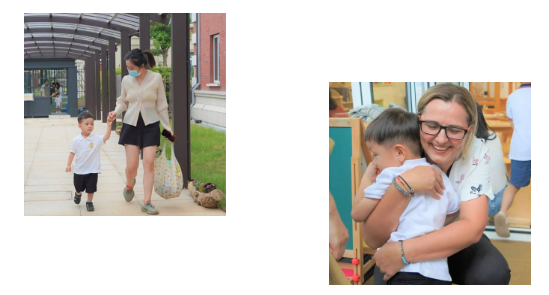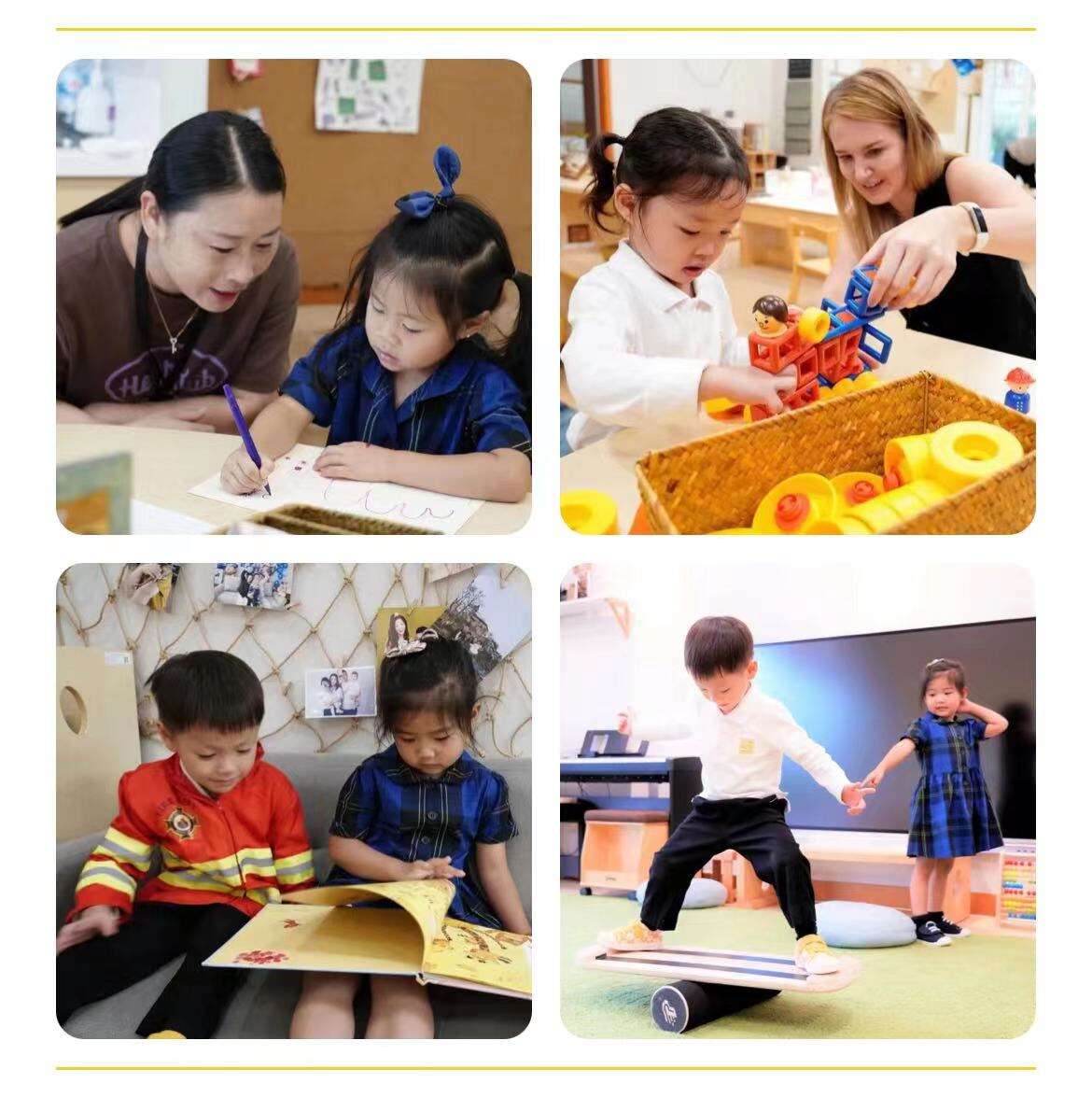

The beginning of the school year can be challenging at any nursery due to separation anxiety, a common part of the development of young children. Any child may act quite differently due to their age, personality and other factors. Some children may find it difficult to let go of their parents' hands upon morning arrival. Some might tell their parents before bedtime that "I don't want to go to school tomorrow."; some might suddenly have a meltdown when they see their grandparents at pick-up in the afternoon.

Here we would like to offer some suggestions and strategies for parents to help children with separation anxiety so that your child can have a smoother transition back to school.
Adjust daily rhythm at home
Consistency in routines and daily rhythm play a significant role in child development. Therefore, we strongly recommend that parents set up similar routines and timetables at home, especially for meal times, bedtime and outdoor playtime. (1-2 year olds need at least 12 hours sleep per day; 3-5 year olds need at least 10 hours sleep per day). At Huili Nursery, there are a variety of engaging activities and games for children to explore daily. Sufficient sleep time can ensure children fully participate and enjoy all the fun and rigour provided daily.
A unique goodbye routine

If it's challenging for your child to separate from you at the school gate in the morning, we recommend that you come up with a unique goodbye routine with your child together to make saying goodbye a little more fun. It could be a secret gesture or a kiss on the palm. Practice this goodbye routine at home with a short-time separation so that children can get familiar with it. In addition, the more emotional the child shows at the school gate, the quicker we suggest parents say bye and leave. It usually becomes even more challenging for children to calm down if drop-off takes too long.
Using positive language

Positive language is crucial when interacting with children.
We often hear care givers say, "Did you cry at school today?", "If you cry again, I will not pick you up after school." Such language and statements will not be able to guide children positively. Sometimes, you need to change the way you ask and respond slightly.
For example, after school, you can ask, "Which fun game did you play today?" "Who was sitting next to you at lunch?" "I know you're sad now. But, I promise I will be waiting for you at the school gate this afternoon."
We hope parents can try these strategies at home during the settling-in period. Meanwhile, we welcome parents to share other helpful tips in the community so we can work together closely to help children with a smooth transition back to the new school year.